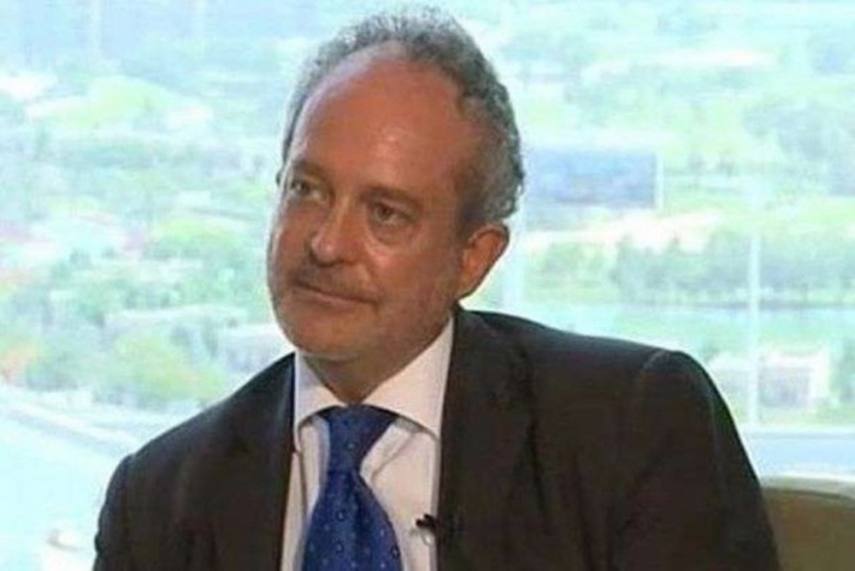New Delhi: The CBI and the ED have told the Delhi High Court that Christian Michel, an alleged middleman arrested in connection with the AgustaWestland VVIP chopper scam cases, should not be granted bail as he has a nexus with influential people and can influence witnesses.
The investigating agencies, in their written submissions opposing the bail pleas of Michel, have contended that he was extradited to India with unprecedented difficulty and there is all likelihood of him fleeing from justice, if enlarged on bail as he had no roots here.
Justice Anu Malhotra listed the matter for further hearing February 26.
Michel, who was arrested in 2018 and is in judicial custody since January 5, 2019, has been denied bail in both the matters by the trial court. He has approached the high court against the lower court’s decision.
The agencies, in their submissions, said Michel has deep nexus with influential and powerful persons and has made inroads in the bureaucracy or executive.
“There are Letters Rogatory pending in the United Kingdom which have not been executed in light of the deliberate delay. The same shall further be stalled if the applicant is released on bail.
“It is a matter of record that the applicant has influence in the British High Commission,” they said.
They added that Michel had successfully evaded the entire investigation and trial in Italy, which despite being a member of the European Union, could not successfully bring him to face the judicial process.
“There are ample circumstances which go on to show that if enlarged on bail, the applicant would influence the witnesses and tamper with the evidence, thereby hampering the investigation herein, which is at the last stages and which does not solely rest on documentary evidence,” the agencies said.
They claimed that Michel is likely to evade the process of law and tamper with evidence, if enlarged on bail, and cannot claim parity with other co-accused.
The agencies said though it is correct that the Supreme Court in a number of cases has held that ‘bail is the rule and jail is the exception’, this case falls in one of those exceptional categories.
“The primary purpose of bail is to secure the presence of the accused and to preserve the sanctity of investigation, apart from considering the nature and gravity of the offence and the role played by the accused persons. The release of the applicant on bail, in such a scenario, is liable to be rejected,” they said.
In his plea for regular bail in the corruption case lodged by the CBI, Michel contended that the entire case depends on documentary evidence which has already been collected by the investigation agency and produced before the trial court.
He has also contended that no economic loss has been caused to the exchequer as Euro 8.35 million was received as compensation by India which also confiscated three helicopters worth Euro 150 million.
The plea said that all the accused named in the FIR are on bail and no other public servant has been arrested or interrogated in relation to any transaction with him.
It also stated that in the supplementary charge sheet filed by the ED, after interrogating him, no role has been attributed to him with regard to change in specifications of the VVIP helicopters.
It claimed that Italian courts had acquitted him and all the other accused in the case and therefore, his prosecution here “amounts to double jeopardy”.
Apart from that, the application also raises medical grounds for grant of bail. It states that Michel has stones in his kidney and has lost weight.
The special CBI court had denied him the relief, saying there was no sufficient ground to grant bail.
Michel, extradited from Dubai, was arrested by the ED December 22, 2018.
January 5 last year, he was sent to judicial custody in the ED case. He is also lodged in judicial custody in another case registered by the CBI in connection with the scam.
Michel is among the three alleged middlemen being probed in the case by the ED and the CBI. The other two are Guido Haschke and Carlo Gerosa.
PTI
